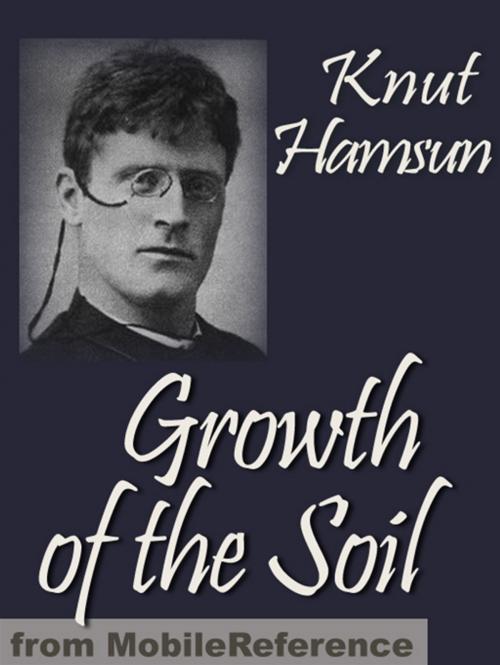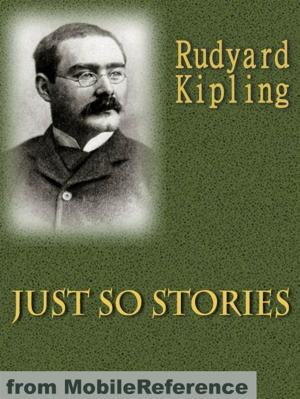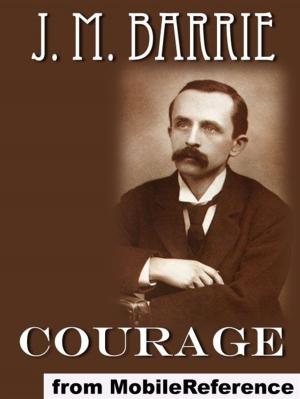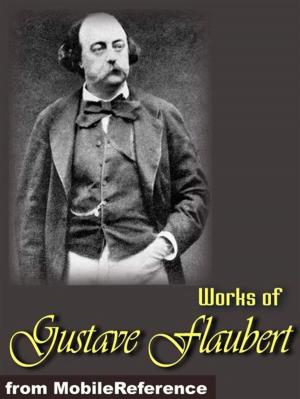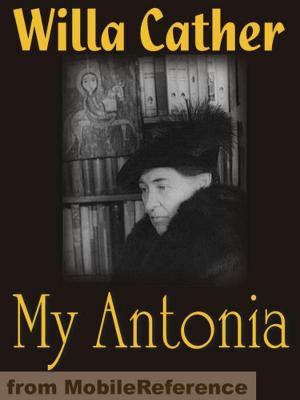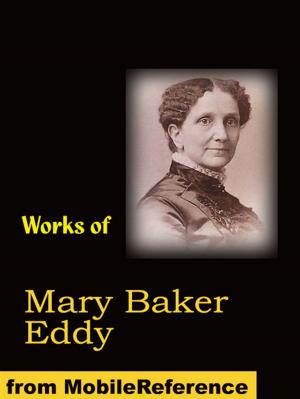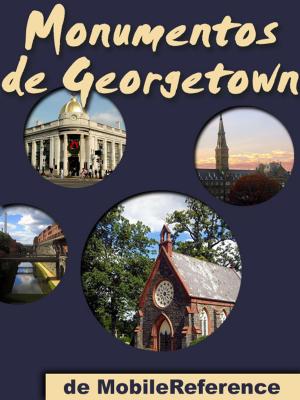| Author: | Knut Hamsun, W. W. Worster (Translator) | ISBN: | 9781607782643 |
| Publisher: | MobileReference | Publication: | January 1, 2010 |
| Imprint: | MobileReference | Language: | English |
| Author: | Knut Hamsun, W. W. Worster (Translator) |
| ISBN: | 9781607782643 |
| Publisher: | MobileReference |
| Publication: | January 1, 2010 |
| Imprint: | MobileReference |
| Language: | English |
The essential elements of this novel are expressed in the words of the English translator W W Worster in his footnote in December 1920:"It is the life story of a man in the wilds, the genesis and gradual development of a homestead, the unit of humanity, in the unfilled, uncleared tracts that still remain in the Norwegian Highlands...The story is epic in its magnitude, in its calm, steady progress and unhurrying rhythm, in its vast and intimate humanity. The author looks upon his characters with a great, all-tolerant sympathy, aloof yet kindly, as a god. A more objective work of fiction it would be hard to find--certainly in what used to be called "the neurasthenic North." Excerpted from Wikipedia, the free encyclopedia.
The essential elements of this novel are expressed in the words of the English translator W W Worster in his footnote in December 1920:"It is the life story of a man in the wilds, the genesis and gradual development of a homestead, the unit of humanity, in the unfilled, uncleared tracts that still remain in the Norwegian Highlands...The story is epic in its magnitude, in its calm, steady progress and unhurrying rhythm, in its vast and intimate humanity. The author looks upon his characters with a great, all-tolerant sympathy, aloof yet kindly, as a god. A more objective work of fiction it would be hard to find--certainly in what used to be called "the neurasthenic North." Excerpted from Wikipedia, the free encyclopedia.
